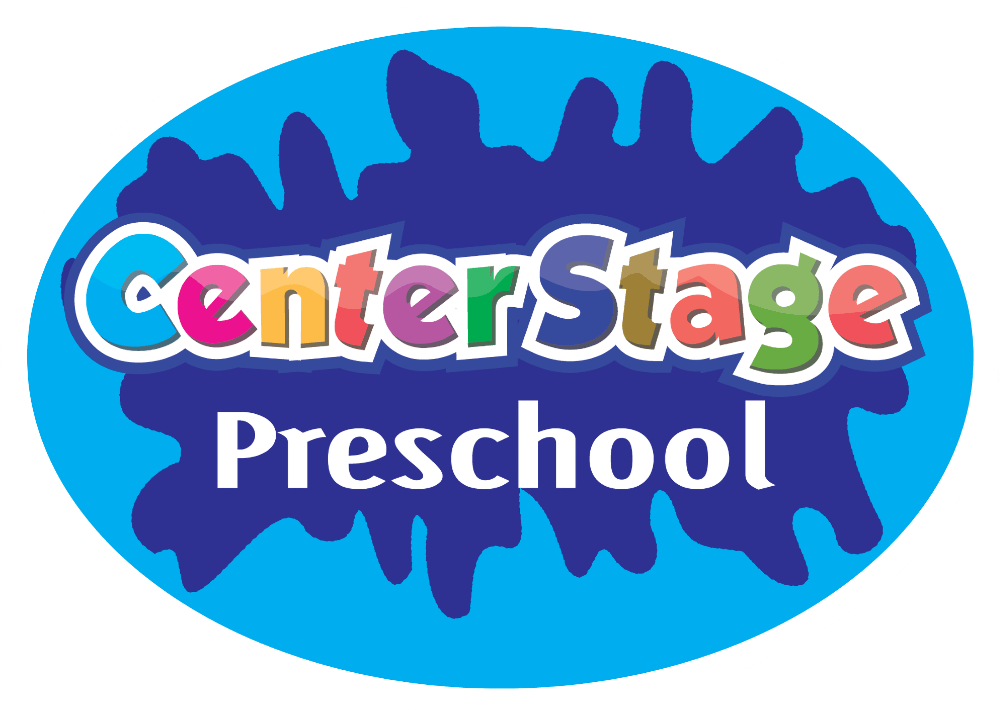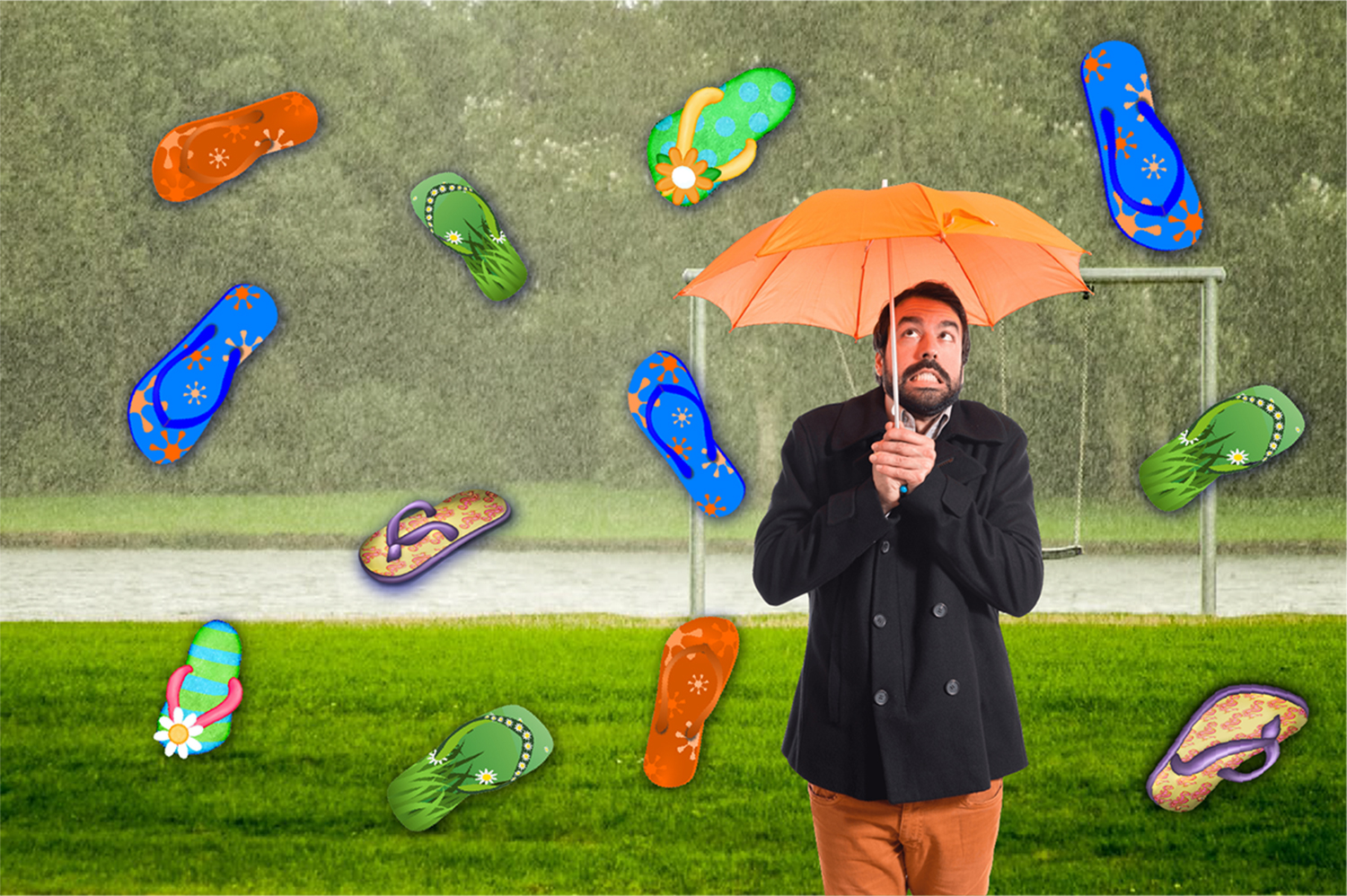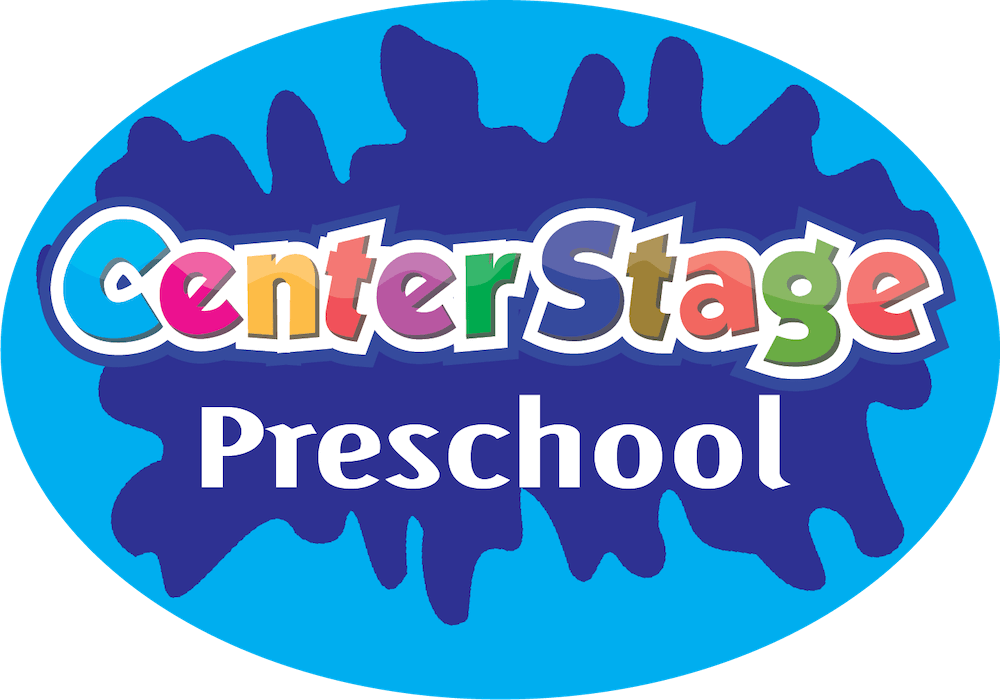“Why are they acting like that?”
If I had a dollar for every time I was asked this question, I would be writing this blog from my own private tropical island.
Here’s how the scenario usually unfolds to produce that question. As a parent of a young child, you search and search for a wonderful, amazing, preschool with loving teachers and a fantastic curriculum. After many visits and seeing what your community offers, you settle on one particular preschool that meets as many of your needs as possible. With much trepidation and a brand new lunch box, your sweet, precious angel heads to preschool without looking back.
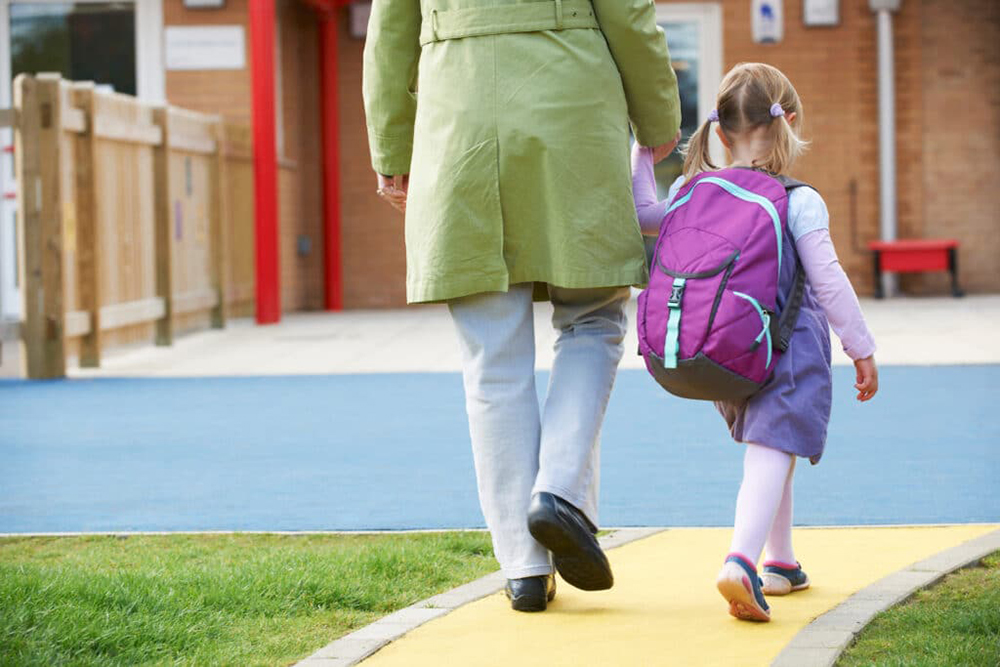
With every cautionary tale, the other shoe must drop, though, and before you even know what is happening, it’s raining flip flops!!! What’s going on? What happened? Who is influencing my child in such a way that they think it’s okay to backtalk and be so sarcastic?
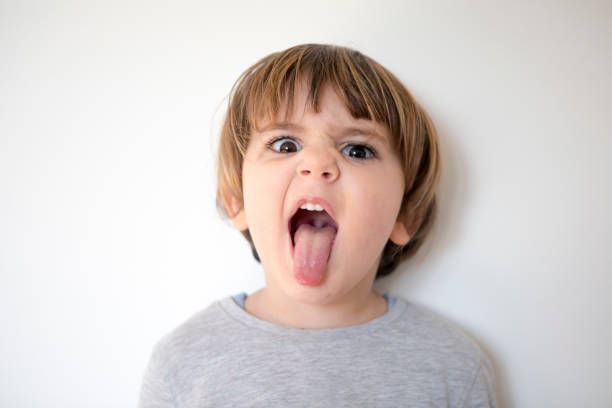
Insert image of you looking like a tired old Yoda, proclaiming, “The Snark. It is strong with this one,” as you try to figure out who caused these changes in your little angel. And then the thought pops up in your mind that your child never acted like this before we put them in preschool… The only sage proclamation I can make at this point is that you are right. You’re correct. They didn’t act like that before they watched other children exercise their own behaviors. From ages three to six years old there is a developmental phase called “the absorbent phase”. During this time, your child is taking in everything from their environment – good influences, bad influences, friend behavior, sibling behavior, and yes, even parental behavior.
Has your child ever repeated something that you’ve said in the car when you were angry in traffic? The dreaded parroting of bad behaviors happens to us all. There’s been a huge amount of study on peer group pressure and influence. It’s too extensive to dig too deeply into it here, because one of my blogging goals is that you stay awake long enough to read this post. It’s important, though, so here are the broad strokes: Within a peer group, there will be leaders, and followers, and children who are wandering around somewhere in between.
We all want our children to be leaders. I know I do. But most leaders are not leaders in every situation. Some children lead in academics but follow or wander in social settings. Other children lead in social environments but not so much in an art setting. Some lead in athletics, but struggle to find their footing in academia. As parents and leaders, we always aim to lead by example, but we have to remember they aren’t only learning from us. While in class, your kids are learning so much and in so many ways. This includes observing the behaviors of other children.
We all know that every family has a different way of raising children. Culture, birth order, socio- economic background, past experience, trauma, and other family dynamics influence how families work, and now those things will also affect the behavior of your child. I was raised in a military family. It was expected that I would say “yes ma’am” and “no ma’am” to every adult because it was a sign of respect. I learned later, though, that for other families, saying “yes ma’am” and “no ma’am” was taken as a sign of disrespect because it made the child seem like they were being sassy or that they had a smart mouth.
The point we want to remember is this: Every family is unique, but ultimately we all want the best for our children.
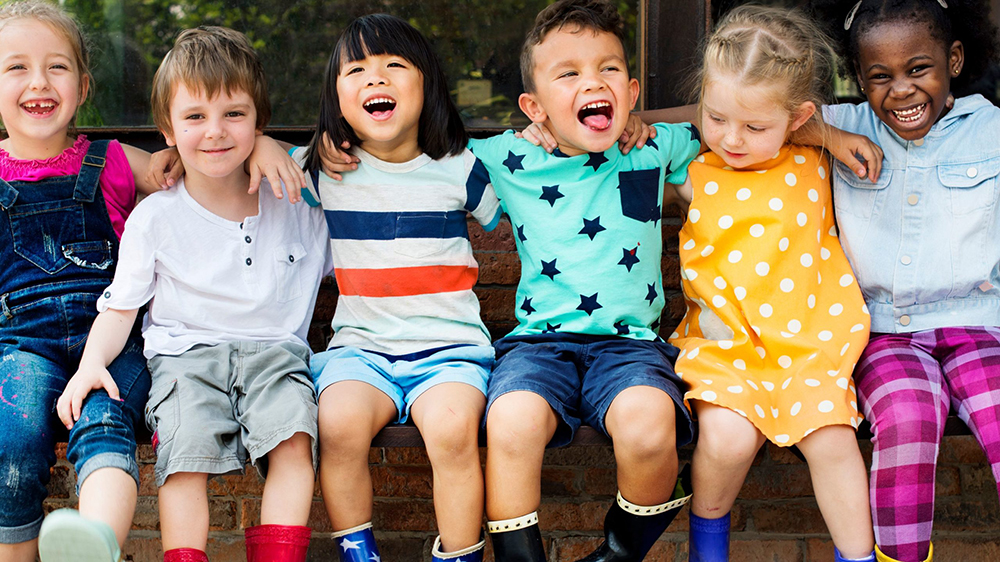
Your child will see a power struggle at school between the other students and between students and teachers. They may see other kids throw tantrums or speak in a certain way that your family would never allow. When you observe your child parroting this behavior, please don’t feel overly nervous. In the same way that we have to try on many different types of clothing before we find our own personal style, our children will try on many different behaviors to see what works for them. This is the point where our leading by example becomes even more important. In this case, we can lead by curiosity. Ask your child where they heard those words, or where they saw the behavior they are exhibiting. Be curious as to why they thought this would be a good behavior to try. Let’s remember that we’re all in this together. As parents and teachers we are here to help filter and lead our kids. At Center Stage, we never forget this, and we work hard to help your kids become the best people that they can possibly be.
Thank you,
Heather Carboneau
